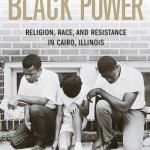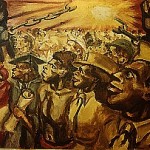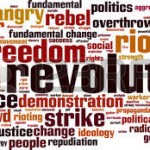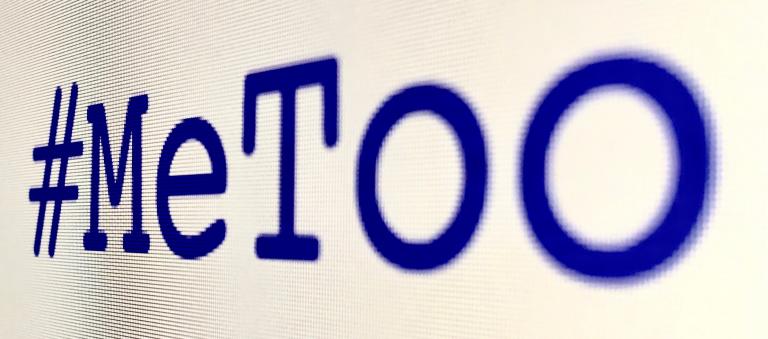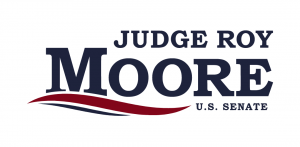When I began writing Faith in Black Power almost a decade ago I was spurred by a series of perceived neglects in the stories we tell about Black Power. Movement histories often focused on a small number of nationally recognizable organizations and leaders at the expense of a more complex rendering of the diversity of grassroots Black Power initiatives that flourished in communities across the nation during the late 1960s and early 1970s. I wondered what kinds of stories we would uncover if we trained our lens on obscured sites of struggle and little known activists, particularly Black workers and women of all generations. Taken collectively, how might these stories serve to transform prevailing interpretations of Black Power’s character and legacy?
In my early conversations with former activists the small town of Cairo, Illinois, repeatedly emerged as one such site of struggle. Despite the city’s diminutive size (pop. 2,626 in 2013) and inauspicious location at the confluence of the Ohio and Mississippi Rivers, activists insisted that Cairo was a key flashpoint for national debates over racial injustice, economic inequality, and state violence during the long Sixties.
Perhaps most compellingly, former activists offered tantalizing insights into the Cairo movement’s unique blend of radical politics and religious fervor. Under the leadership of Rev. Charles Koen, the United Front – Cairo’s foremost Black Power organization – used Black congregations as staging grounds for a struggle grounded in the rhetorical and ritualistic world of the Black church. The United Front’s symbol – a gun placed atop a King James Bible – jarred against portrayals of Black Power’s anti-clericalism and jettisoning of the religious discourses that had shaped earlier civil rights campaigns.
In Faith in Black Power I provide the first detailed account of the Cairo Black freedom struggle using a wide-range of documentary sources and interviews performed with former United Front members. What emerges is a story that challenges dominant assumptions of Black Power’s “de-Christianization,” revealing the sustained role of Black churches and African American Christian traditions at the local level.
Among the most important findings is the dynamic engagement of local activists with the emergent Black Theology. Koen and other United Front leaders embraced the thought of James Cone, Albert Cleage, Jr. (later Jaramogi Abebe Agyeman) and others, using it to frame local Black Power campaigns and recruit mass participation.
In turn, the United Front reached outward to form alliances with Black church executives in the newly established National Conference of Black Churchmen (NCBC) to leverage more than half-a-million dollars in funding from predominantly white denominations. These religious resources and networks afforded the United Front the ability to mount a concerted Black Power struggle and weather the tide of extralegal violence and state repression that ensued.
However, funding Black Power proved controversial with churches coming under intense pressure to halt their support for local Black Power organizations from both governmental agencies and laity. As churches withdrew their support, the Cairo United Front lost an important coalitional partner with diabolical effects for activists working on the ground.
Kerry Pimblott is the author of Faith in Black Power: Religion, Race, and Resistance in Cairo, Illinois This spring, Pimblott will join the faculty at the University of Manchester as a lecturer in American history. Her research interests include African American history, Black social movements, and religious cultures and institutions. Pimblott’s most recent scholarship focuses on the role of the Black Church and Black Theology in the Black Power Movement published in Christopher D. Cantwell, Heath W. Carter, and Janine Giordano Drake, eds.,The Pew and the Picket Line: Christianity and the American Working Class (Urbana: University of Illinois Press, 2016). Follow Kerry on Twitter @DrPimblott
Donate to the Work of R3
Like the work we do at Rhetoric Race and Religion? Please consider helping us continue to do this work. All donations are tax-deductible through Gifts of Life Ministries/G’Life Outreach, a 501(c)(3) tax exempt organization, and our fiscal sponsor. Any donation helps. Just click here to support our work.

